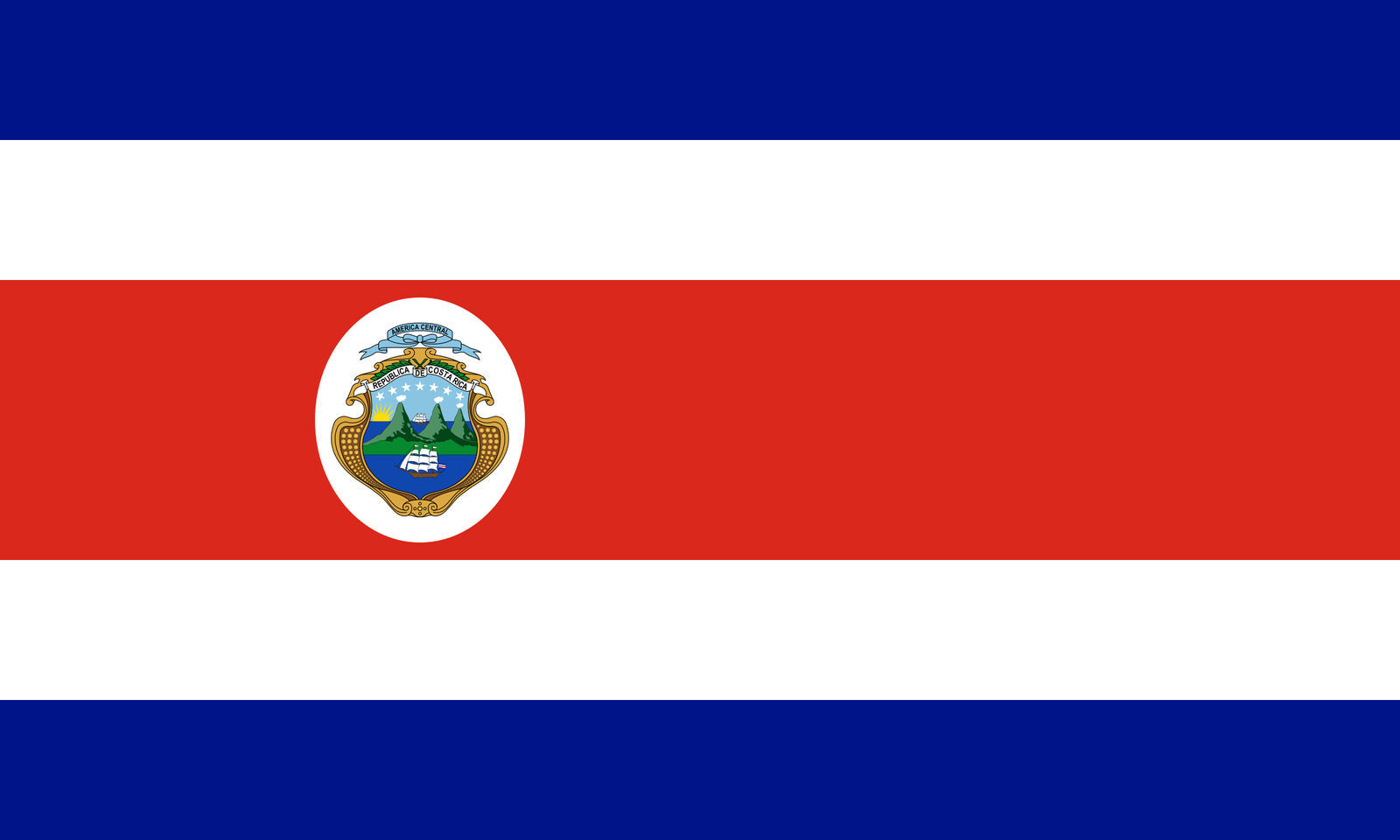Savoring the Richness of Costa Rican Coffee
Costa Rica, a small but coffee-rich nation in Central America, is celebrated for its exceptional Arabica beans and a coffee profile that reflects the country’s commitment to quality, sustainability, and a rich coffee heritage. The diverse microclimates, volcanic soils, and high-altitude regions contribute to the unique flavors that distinguish Costa Rican coffee in the global market.
The high-altitude regions of Costa Rica, including the famed Tarrazú, Naranjo, and Tres Ríos, are where the country’s most prized coffees are cultivated. The altitude, ranging from 1,200 to 1,700 meters, results in a slow maturation of coffee cherries, contributing to a nuanced and complex flavor profile. The balance of bright acidity, medium body, and a variety of tasting notes makes Costa Rican coffee stand out among its Central American counterparts.
Tarrazú, located in the central part of the country, is one of Costa Rica’s most renowned coffee regions. The altitude, coupled with a distinct microclimate and volcanic soils, produces beans with bright acidity, a full body, and flavors that often include citrus, floral notes, and a hint of chocolate. Tarrazú coffee is considered some of the finest in Costa Rica and is highly sought after in the specialty coffee market.
Naranjo, situated in the West Valley region, is known for its high-quality beans and unique flavor characteristics. Coffees from Naranjo often exhibit a bright acidity, a well-balanced profile, and a flavor palette that can include fruity and winey notes. The careful cultivation and processing methods employed by farmers in Naranjo contribute to the consistently excellent quality of the beans.
Tres Ríos, located in the eastern part of Costa Rica, is recognized for producing some of the country’s most elegant and distinguished coffees. The altitude and rich volcanic soils create an environment conducive to developing a bright and lively cup. Tres Ríos coffees are often described as having a clean and crisp acidity, with flavors that can include citrus, floral, and berry notes.
The processing methods in Costa Rica play a pivotal role in shaping the coffee’s final flavor profile. The honey process, where some or all of the mucilage is left on the beans during drying, is a common method that enhances sweetness and complexity. Additionally, the washed process is widely used, resulting in coffees with bright acidity and clarity of flavors.
Costa Rica has long been a leader in sustainable and ethical coffee practices. Many coffee farms in the country adhere to environmentally friendly methods, such as shade-grown cultivation and organic farming. Certifications like Rainforest Alliance and Fair Trade are prevalent, reflecting a commitment to responsible and socially conscious coffee production.
Costa Rican coffee has gained international acclaim, and terms like “Tarrazú coffee” and “Costa Rican single origin” resonate with coffee enthusiasts seeking high-quality beans. The country’s coffees consistently receive high scores in cupping competitions, further solidifying Costa Rica’s position as a source of exceptional Arabica beans.
The socio-economic impact of the coffee industry in Costa Rica is significant. Many smallholder farmers are engaged in coffee cultivation, contributing to the economic development of rural areas. The emphasis on sustainable and ethical practices ensures that the benefits of the coffee industry extend to the well-being of local communities and the preservation of Costa Rica’s natural environment.
In conclusion, Costa Rica’s coffee profile is a symphony of flavors that harmonize with the country’s commitment to quality and sustainability. As coffee enthusiasts savor beans from Costa Rica, they experience the richness of the country’s diverse microclimates and the meticulous efforts of its farmers. Beyond the delightful flavors in the cup, each sip encapsulates the traditions, dedication, and pride of Costa Rican coffee producers, making Costa Rica a shining star in the world of specialty coffee.
Tags: coffee grower, Costa Rica

